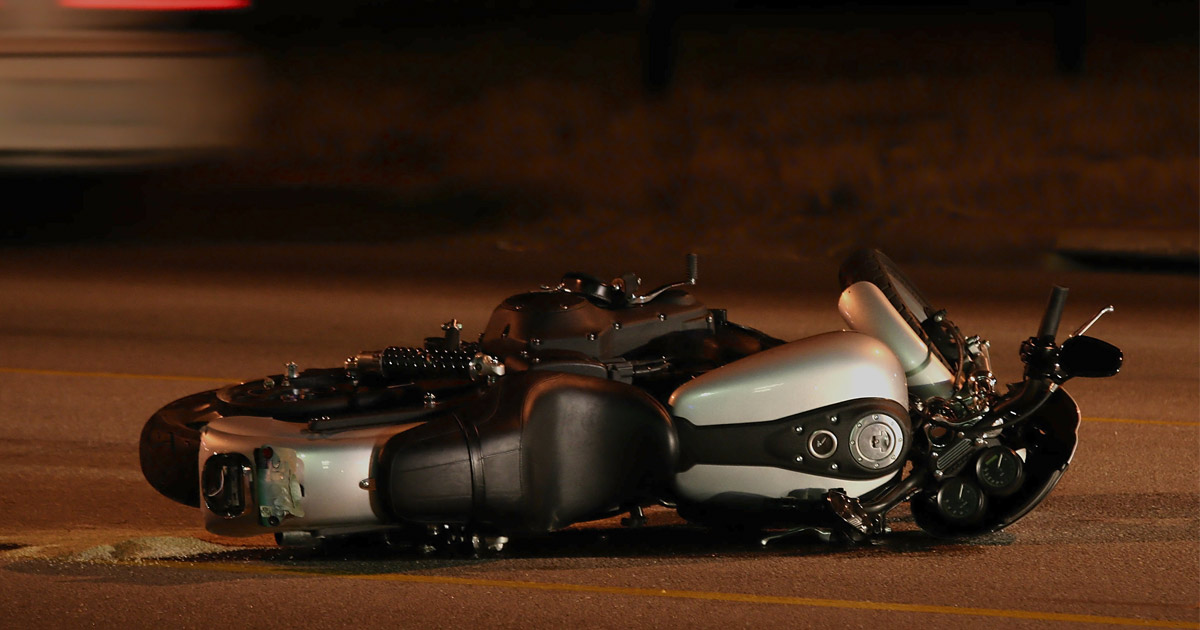Plenty of people appreciate the attraction of motorcycling. Across America, millions of motorcyclists cruise the streets and highways. Unlike other types of drivers, motorcyclists remain at a much higher risk of suffering serious injuries or fatality due to their limited levels of protection during a collision. One of the most common types of physical trauma faced by motorcycle drivers is head injuries.
Helmets and Motorcycle Head Injuries
Many motorcycle enthusiasts feel that putting on a helmet offers adequate buffering in the event of a collision. Although motorcycle helmet manufacturing technology has improved over the decades, helmets can only absorb a fraction of the force a motorcyclist endures during a crash. Even wrecks at low speeds can cause a rider to fall off a bike whether it falls sideways, forwards, or backwards.
In New Jersey, state law requires all motorcyclists to wear a helmet. Therefore, motorcyclists should absolutely acquire the safest, highest quality helmet they can purchase. Additionally, they must always ride defensively to avoid accidents. Otherwise, they could quickly join the ranks of motorcyclists hurt or killed in collisions due to head trauma.
Head Injuries Frequently Reported in Motorcycle Crashes
Looking through reports of motorcycle crashes across the nation, researchers often see a few types of head injuries. A common head injury is traumatic brain injury (TBI). A TBI can be mild, moderate, or severe. Mild TBIs, such as first-time concussions that cause relatively few lasting issues, often go away quickly. Severe TBIs can last a lifetime, including concussions or brain damage that affects the motorcyclist’s ability to work, pursue recreational enjoyment, or even continue personal relationships.
Another frequently seen injury in motorcycle accidents is whiplash. Whiplash occurs when the head jolts forwards or side-to-side violently and rapidly. When a motorcycle hits another vehicle or vice versa, the motorcyclist’s head does not stop; instead, it moves forward, jerking the neck and shoulders which causes the brain to hit the skull. TBIs and whiplash injuries often go together.
Two final head injuries related to motorcycle wrecks include abrasions and breaks. For example, a motorcyclist or motorcycle passenger may suffer a broken nose or jaw in addition to scrapes along the facial skin. Depending upon the severity of the crash outcome, these wounds can lead to permanent scarring or disfigurement.
What to Do After a Serious Motorcycle Crash
After being in a motorcycle crash, riders should immediately seek medical attention. Certain head injuries, such as concussion and whiplash, may not present themselves immediately. Health care workers can help collision victims find out if they have early warning signs of TBIs or brain damage.
If the motorcyclist eventually decides to pursue a personal injury claim against the at-fault party’s insurance or the negligent party, medical documentation will assist in proving that the event caused the problem. Lawyers and courts rely on information from doctors to piece together the crash and then determine an appropriate compensation figure.
Atlantic City Personal Injury Lawyers at the D’Amato Law Firm Represent Injured Motorcyclists with Head Trauma and Other Severe Injuries
Have you suffered a serious head injury due to a motorcycle accident? If so, speak to one of our compassionate Atlantic City personal injury lawyers at the D’Amato Law Firm to obtain legal guidance. Injuries that were caused by a motorcycle accident are often severe, so it is best to speak to one of our lawyers today. Contact us online or call us at 609-926-3300 to schedule a free consultation. Located in Egg Harbor Township, New Jersey, we serve clients throughout South Jersey, including those in Atlantic City, Linwood, Galloway Township, Cape May, Vineland, Millville, Bridgeton, Ocean City, and Woodbury.


